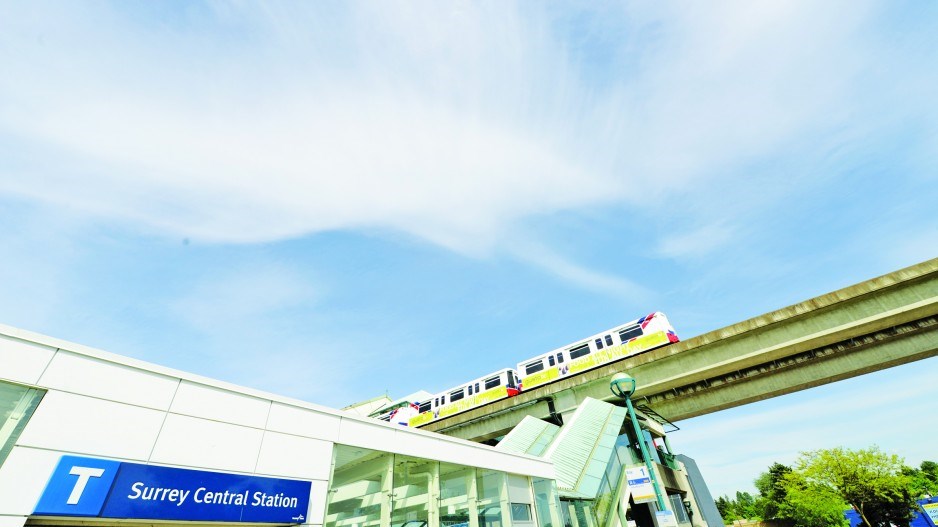B.C. premier John Horgan welcomed Ottawa’s announcement today of $19 billion in federal support for the provinces in the country’s economic “safe restart” initiative, adding that the provincial government will do whatever it takes to fulfill its end of the deal – including a potentially costly 50-50 funding agreement on transit costs.
The agreement was added to the deal after Ottawa initially capped transit funding in the plan, an idea that concerned Horgan because it meant the transit needs of metropolitan areas like Greater Vancouver would not be met before the funding ran out. Instead, the federal government will now keep transit funding support open-ended – provided that the province match every dollar that Ottawa spends on that front.
Horgan, speaking Thursday regarding the plan, said B.C.’s transit systems (including but not limited to TransLink) will need around $600 million to “get back on track” for 2020 in the face of lower ridership numbers. When asked if the province’s previously set-aside budget of $1.5 billion for economic recovery is enough to cover an open-ended funding commitment on transit, Horgan noted the province will make sure its responsibilities are met.
“We’ve said at the beginning that if the moneys we’ve set aside at the beginning were insufficient, we would increase those dollars,” Horgan said regarding the $1.5 billion provincial recovery fund, adding that “much of our funding of transit throughout the year is already allocated” and main task on that front is to allocate additional dollars to meet any shortfalls that present themselves.
“We have a plan going forward; we are going to do our level best to stay within that plan,” he said. “But the plan has been driven all the while by the needs of British Columbians, by making sure we are providing the services that people need. Those services are more in demand now than ever before, so we are going to keep the dollars in check, but we are also making sure people can bounce back.”
Prime Minister Justin Trudeau announced earlier today of the $19-billion in overall funding to boost provincial economic needs in the restart plan, aimed at covering budgetary costs in each jurisdiction for the balance of 2020 and a few months beyond in both reopening the economy and dealing with a potential second wave of COVID-19.
The $19 billion is an increase from a previously proposed $14 billion and will be funnelled to areas such as contact tracing/testing, personal protective equipment (PPEs) for those in need, municipal financial shortfalls, child care and a $1.1-billion national sick-leave program.
That last item was one that was particularly championed by Horgan (and other jurisdictions like the Yukon and Manitoba), who wanted to ensure Canadians who are ill would not be forced to work sick.
With federal funding now in place, some observers have called for B.C. to release an official economic recovery plan. But Horgan did not commit to such an announcement, saying that the province views its ongoing efforts since March holistically as the embodiment of such a recovery plan.
“Our economic recovery plan has been underway since the beginning of this pandemic in March,” Horgan said. “We’ve put in place resources or businesses, we’ve deferred taxes, we’ve put away funding for workers... We’ve been building on it since the beginning. We are going to take these resources and take them towards elements that we need.”
But he also noted that British Columbians need to play a role in supporting local brick-and-mortar stores instead of relying on e-commerce – which is one of the reason the province has been focused on public safety during the COVID-19 pandemic, since any economic recovery won’t work “if we don’t have confidence in the community that we’ve grappled with COVID-19 and flattened the curve.”
“We need to make sure people are comfortable with going out in the world and participating in the economy,” Horgan said. “That’s how the restart will be successful.”



